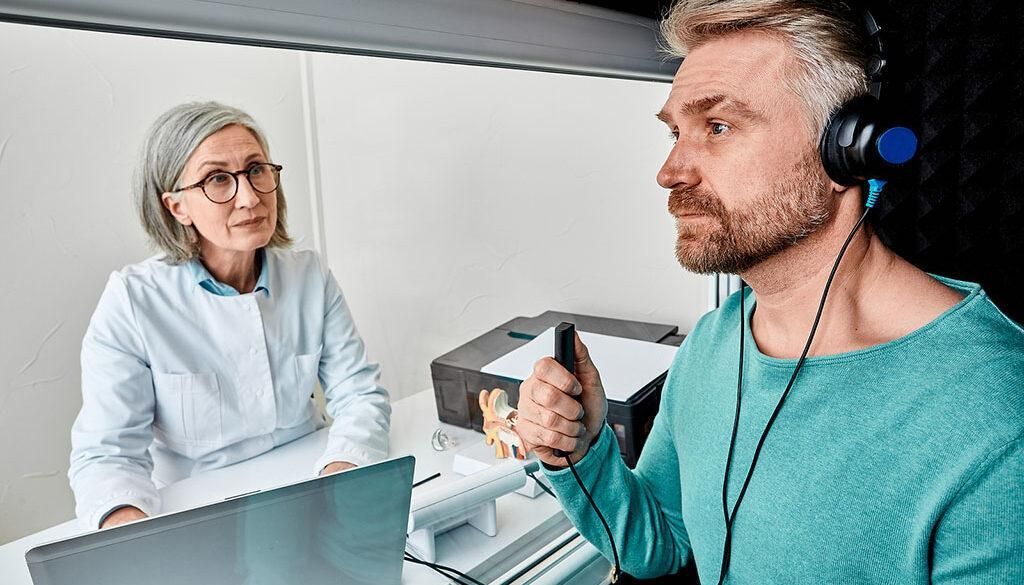CELEBRATE LIFE'S SOUNDS: Embracing the Joys of Special Occasions
As an audiologist, I have the privilege of helping people to hear better and enjoy the sounds of life. One of the most rewarding aspects of my job is seeing how hearing aids can transform the way people experience special occasions, such as birthdays, weddings, anniversaries, graduations, and holidays.
Special occasions are often filled with laughter, music, speeches and conversations. They are opportunities to connect with our loved ones, share our emotion and create lasting memories. However, for people with hearing loss, these events can also be challenging, frustrating and isolating. They may struggle to hear what is being said, miss out on jokes or stories, feel overwhelmed by background noise, or avoid socialising altogether.
That's why I always encourage my patients to embrace the joys of special occasions and not let hearing loss stop them from celebrating life's sounds. Here are some tips that I share with them to help them make the most of these events:
- Plan ahead: If you know you are going to attend a special occasion, make sure your hearing aids are working properly and have fresh batteries (unless they are rechargeable). You can also contact the host or venue and ask about the acoustics, seating arrangements and availability of assistive listening devices or captioning services. This way, you can prepare yourself for the environment and request any accommodations you may need.
- Choose your seat wisely: When you arrive at the event, try to find a seat that is close to the main speaker or source of sound and away from any loudspeakers, windows, or doors. This will help you hear more clearly and reduce the interference of background noise. You can also sit next to someone who can fill you in on anything you may miss or misunderstand.
- Use your hearing aids' features: Most modern hearing aids have features that can help you adapt to different listening situations. For example, you can use directional microphones to focus on the sound in front of you, noise reduction to minimise unwanted sounds, or telecoil to connect to a loop system. You can also use Bluetooth to stream sound directly from your smartphone, tablet, or TV to your hearing aids. These features can enhance your hearing experience and make it easier for you to follow along.
- Communicate your needs: Don't be afraid to let others know that you have hearing loss and what they can do to help you hear better. For example, you can ask them to speak clearly and slowly, face you when they talk, repeat or rephrase anything you don't catch, or write down important information. You can also use gestures, facial expressions, and body language to support your communication. Most people are happy to accommodate your needs if you are polite and respectful.
- Take breaks: Listening with hearing loss can be exhausting, especially in noisy or crowded environments. It's important to take breaks from time to time and give yourself a chance to rest and recharge. You can find a quiet spot where you can relax, meditate, or read. You can also use earplugs or headphones to block out any unwanted sounds. Taking breaks can help you prevent fatigue and stress and improve your mood and concentration.
- Have fun: Last but not least, remember to have fun and enjoy yourself. Special occasions are meant to be celebrated and cherished. Don't let hearing loss stop you from participating in the activities you love, expressing your feelings and making new friends. Hearing aids can help you hear better, but they can't do all the work for you. You also need a positive attitude, a sense of humour and a willingness to try new things. With these qualities, you can celebrate life's sounds and embrace the joys of special occasions.
Contact us today to book your hearing test or ear wax removal.



